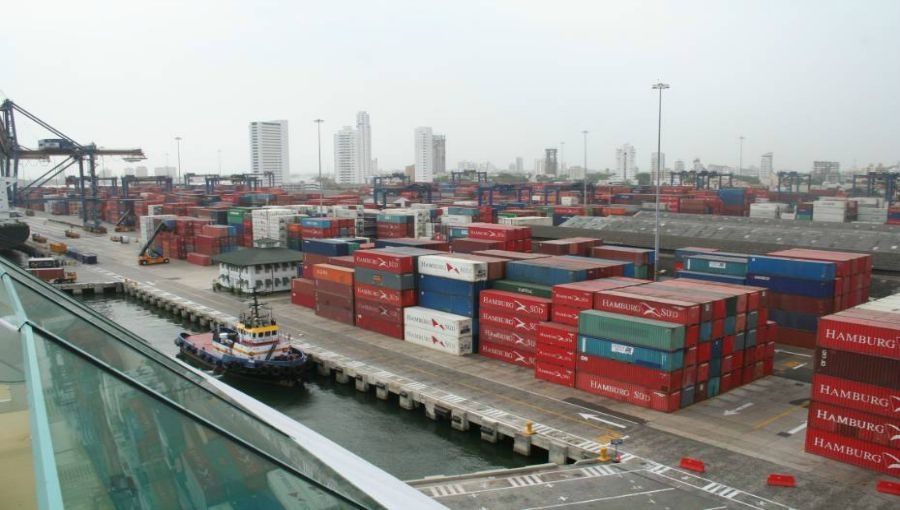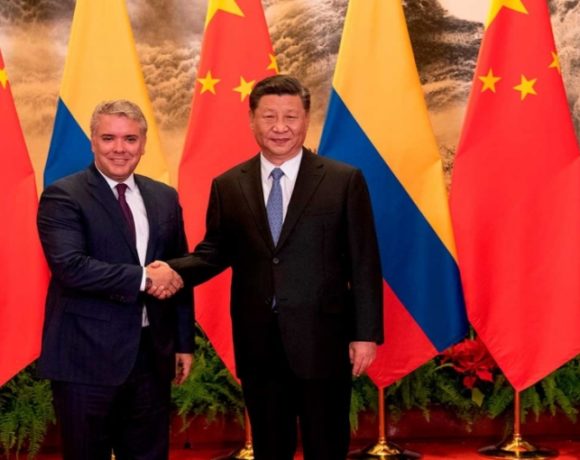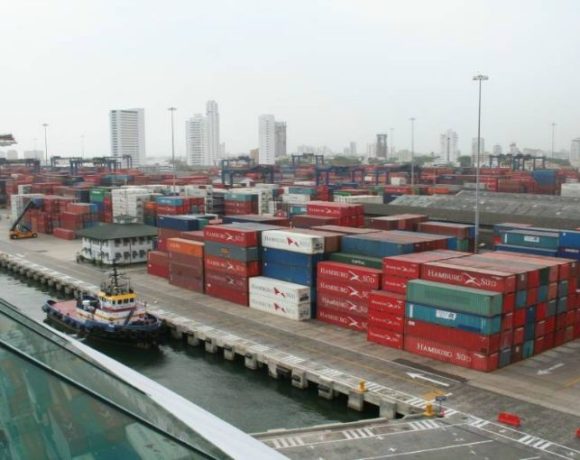Colombia Exports to Jump 16.5% in 2017; Big Improvement over 2016

The Economic Commission for Latin America and the Caribbean (ECLAC) announced October 30 in a new report that Colombia’s exports are forecast to rise by 16.5% for full-year 2017, up sharply from a 12.8% decline in 2016.
Meanwhile, imports to Colombia are expected to rise 5.2% this year, up from a 16.9% decline last year, according to ECLAC’s report (see: http://repositorio.cepal.org/bitstream/handle/11362/42316/1/S1700860_en.pdf).
For the entire Latin America and Caribbean region, collective exports are seen rising 10% this year. Only Brazil (up 18%), Honduras (up 29.6%) and Nicaragua (up 23.5%) are seeing bigger percentage increases in exports than Colombia in the Latin America region this year, the report shows.
“Socialist” Venezuela is the only country in all of Latin America showing a decrease in imports this year — down 21.8% — following a 35.7% decline last year and a 22.3% decline in 2015.
“South American countries are projected to post the strongest increases in [export commodity] prices owing to the greater weight of petroleum, minerals and metals in their export baskets, particularly those of Andean countries,” according to the report.
“Colombia is expected to post the strongest increases in prices as its main export products include petroleum and coal,” it added.
On the other hand, “success of traditional and modern services exporters in the region depends heavily on the public-private strategies in place to support this sector,” according to the report.
“Examples in the region are the Productive Transformation Program established in Colombia in 2009, with targets for 2019 for software and information technology (IT) services exports, business process outsourcing (BPO) and knowledge process outsourcing (KPO).
“Some countries have designed specific support instruments to promote modern services exports. In Colombia, ProColombia has designed special programs for the promotion of BPO, ITO and KPO service companies, including through the provision of buildings with operators that provide specialized services (communications, energy, security and mass transport for example) to exporting firms,” the report added.
















